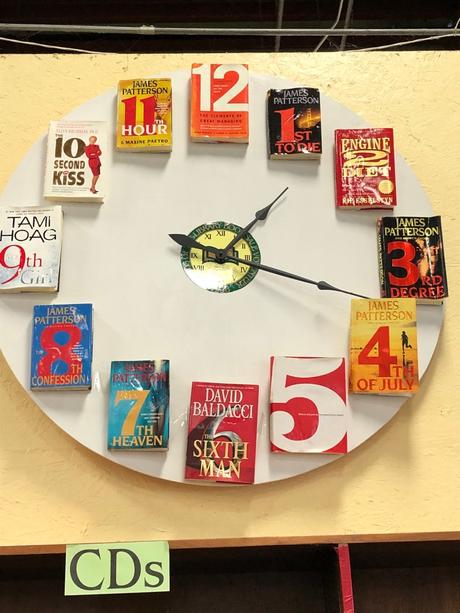Consistency. Back in Wisconsin I belonged to a group of Hebrew Bible professors who read a book and got together to critique it. We came from different schools—Marquette, Sacred Heart, Carroll College, and Nashotah House (me). We took turns on different campuses and spent a pleasant Saturday afternoon discussing our selected title. Soon one of our members, an Auxiliary Bishop for the Diocese of Milwaukee, began to look at me right off and ask if the author had been consistent—my most frequent criticism was inconsistency. It’s the way I think. If is an argument is being made, or a story is being told, it has to be consistent in order to be convincing. Recently I realized that this has carried over into my writing on horror.
The dream of many authors and auteurs is to establish a successful series. Publishers and studios like them too. Follow one success with another just like it, so the thinking goes. People like to see how the story ends. The longer a series goes, however, the more difficult it is to maintain consistency. I’ve been noticing this in the articles I’ve been writing lately. I follow the stories closely and inconsistencies creep in. I noted this in a recent post about Dark Shadows and I wrote about it when looking at The Conjuring and Paranormal Activity franchises in Nightmares with the Bible. I realize, just as my Bishop friend pointed out, that consistency is my problem. Sometimes it gets in the way of enjoying the tale. Deft authors and auteurs will tease you with it. It’s part of the literalist mindset.
Being raised as a literalist, from my youngest days I learned that the story goes only one way. The world, however, is much more ambiguous than that. Stories have multiple points of view and endless iterations. Not only that, but not even the author or auteur has the final say in what “really happened.” When I first learned of reader-response theory I was suspicious of it. Even with a doctorate and teaching experience I was still looking for consistency. Get the story straight! But stories are crooked and queer and untamed. They follow the imagination and defy literary convention. Those that succeed best are remembered as classics. The rest are nevertheless expressions of fertile minds with tales to tell. I doubt I’ll ever get over my watching out for consistency. I should, however, pay attention to that gentle teasing my erstwhile colleagues gave. Relax and enjoy learning how it goes this time.

